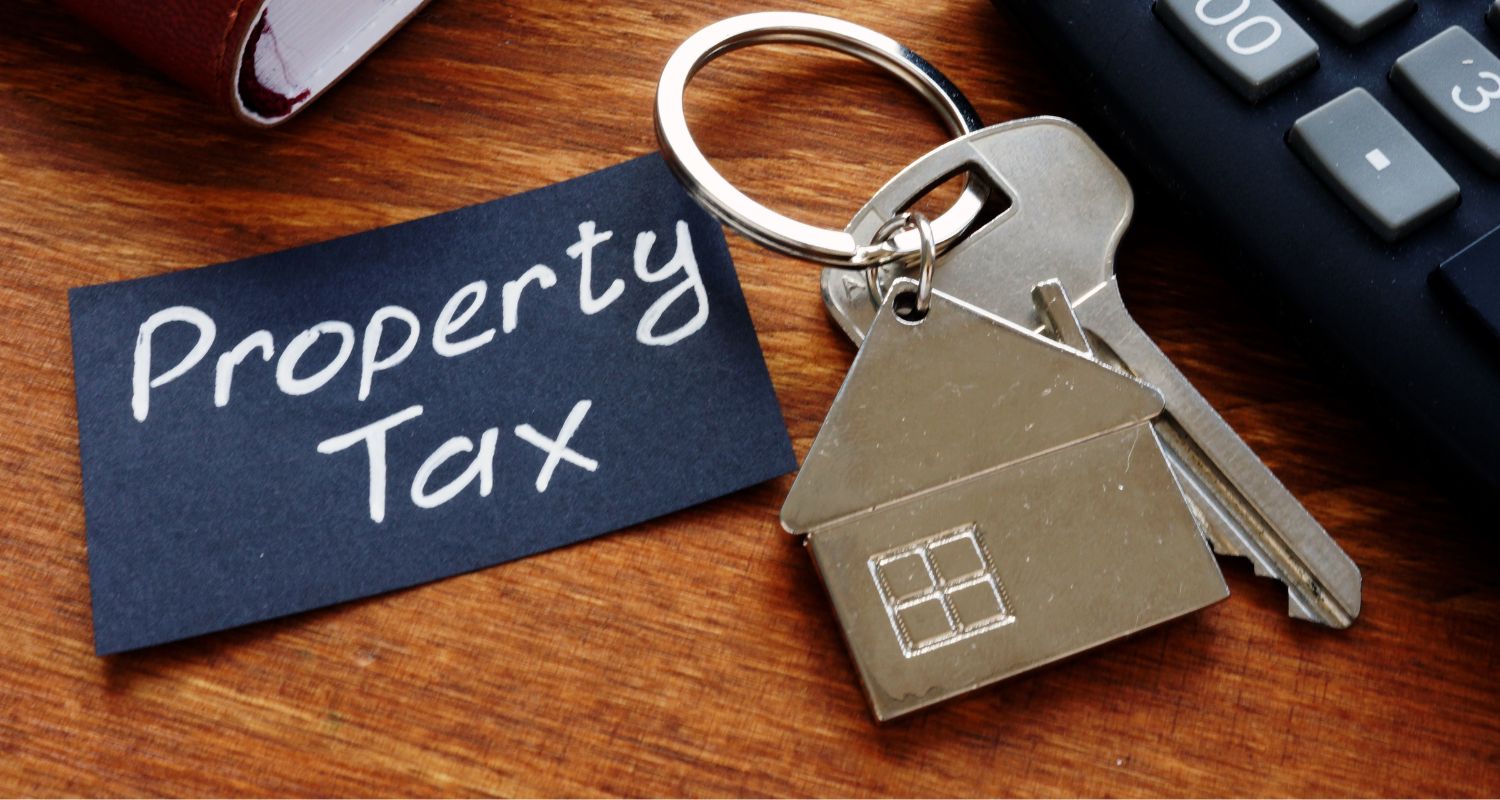10 Reasons to Invest in Dubai Real Estate in 2025
Dubai’s real estate sector in 2025 continues to outperform global counterparts in terms of yield, liquidity, and capital appreciation. Backed by updated market data, robust legal infrastructure, and large-scale government projects, Dubai remains one of the most resilient and rewarding property investment hubs worldwide. Below are ten expert-backed reasons — with 2025 metrics — why investors are increasingly turning to Dubai.
1. Superior Rental Yields in Dubai

In mid-2025, Dubai maintains gross rental yields averaging 6.9% across apartment categories, outperforming global cities like London (3.2%) or New York (3.8%). According to Prelaunch.ae and Engel & Völkers, yields in areas like JVC and Dubai Marina exceed 8%, with short-term rentals in tourist hubs reaching up to 15%.
Short-term units near metro lines command 15–20% rental premiums, making Dubai one of the few global cities offering double-digit cash-on-cash returns on stabilized assets.
2. Zero Property and Capital Gains Tax

One of the most powerful advantages of investing in Dubai real estate is the complete exemption from both property tax and capital gains tax. This rare fiscal structure enhances net yield, simplifies financial planning, and attracts both institutional and private capital seeking long-term value preservation in a low-tax jurisdiction.
Complete Tax Exemption on Ownership and Gains
Dubai remains one of the only global cities offering full exemption from property tax, capital gains tax, and inheritance tax on residential real estate. Property owners are not subject to recurring municipal levies, wealth-based assessments, or profit taxation upon resale — regardless of holding period or profit margin. This framework dramatically boosts net returns for investors accustomed to jurisdictions like Toronto, where property taxes can exceed 2.5% annually, or Paris, where capital gains are taxed progressively up to 36.2%.
Strategic Advantages for Investors and Wealth Structures
This zero-tax environment not only increases yield but also supports advanced asset structuring. For high-net-worth individuals, family offices, and REITs, Dubai provides a fiscally efficient platform for multi-generational wealth transfer, asset consolidation, and international portfolio rebalancing. Combined with low acquisition costs (typically 4% total transaction fees), the absence of tax drag improves IRR and simplifies long-term forecasting, especially for capital-intensive or leveraged strategies. In an era of rising global tax enforcement, Dubai’s neutrality is a decisive advantage.
3. 100% Foreign Ownership in Prime Zones
Since the liberalization of foreign ownership laws, non-residents can acquire full freehold rights across more than 85% of Dubai’s prime residential zones. Unlike emerging markets where titles are leasehold or subject to political volatility, Dubai’s system is governed by the Dubai Land Department (DLD) with electronic, blockchain-backed transaction processing — often finalized within 24 hours.
This transparency, legal stability, and enforceable title structure make Dubai’s real estate safer than many “Western” markets perceived as more mature.
4. Residency via Golden Visa

The UAE’s Golden Visa program represents one of the most flexible and investor-aligned residency frameworks globally. In 2025, a property investment of AED 2 million or more qualifies investors — including joint buyers — for a renewable 10-year residency. This status is automatically extendable to spouses, children, and in many cases, domestic staff. There are no minimum stay requirements, no worldwide income reporting, and no exit taxes — an increasingly rare combination among Tier 1 jurisdictions.
For investors, the benefits are both operational and strategic. The visa grants full residency rights without local employment sponsorship, unlocking access to private banking, multi-currency accounts, and preferential mortgage terms. It facilitates company formation in mainland and free zones, enables enrollment in private international schools, and supports relocation planning without forced capital repatriation.
From a risk management perspective, the Golden Visa is more than a residency pass — it’s an instrument of jurisdictional optionality, wealth mobility, and long-term family governance. For family offices, international founders, and asset protection strategists, it provides geographic insulation without sacrificing fiscal efficiency or lifestyle access. When integrated into a real estate holding strategy, it adds a residency utility layer to an already appreciating asset base.
5. Sustained Capital Appreciation
According to Property Finder and Zawya, Dubai's transaction volume reached AED 431 billion in H1 2025, a 25% YoY increase. Prime segment appreciation remains strong:
- Palm Jumeirah: +28% (driven by ultra-luxury scarcity)
- Downtown: +18%
- Dubai Marina: +22%
- Dubai Hills: +20% (new family communities)
Off-plan developments registered 25–35% appreciation between launch and handover across several Tier 1 projects.
6. Developer-Backed Payment Plans
To support investment flexibility, leading developers in 2025 offer plans with 5–10% down payments and 3–7 year installments — often extending post-handover. These construction-linked schedules align capital outlay with delivery milestones, optimizing cash flow and reducing speculative exposure. When structured correctly, internal rate of return (IRR) exceeds that of outright purchases in many markets.
7. High Liquidity and Fast Exits
Dubai’s average transaction closing time is 45–60 days, facilitated by DLD’s 24-hour electronic processing system. Secondary market liquidity is sustained by institutional players, cash-rich buyers, and international relocation demand. For tactical investors, this liquidity supports portfolio balancing and reinvestment cycles — particularly in response to global macro shifts.
8. Global Connectivity and Tenant Depth
Dubai International Airport serves over 240 global destinations, moving more than 87 million passengers annually. The city also hosts more than 1,500 multinational regional HQs, ensuring a constant influx of executive tenants.
The strategic UTC+4 time zone allows real-time business operations across Asia, Europe, and the US, making Dubai the top relocation target for digital nomads, consultants, and corporate executives.
9. Infrastructure-Led Growth
The Dubai 2040 Master Plan allocates AED 32 billion toward transit, smart cities, and sustainability. Notable 2025 projects:
- Expo City: Designed for 500,000 residents and 38,000 jobs
- Creek Harbour: Projected 200,000-resident smart city
- Al Maktoum Airport: Targeting 200 million annual passengers
- MBR City: Integrated zone for 1.7 million people
Properties near these mega-developments command early pricing advantages and long-term premium uplift.
10. Economic Resilience and Population Growth
Dubai’s economy is 95% non-oil-based, anchored in real estate, tourism, finance, and logistics. The D33 Agenda plans to double GDP to AED 800 billion by 2033. Fitch Ratings confirms Dubai’s credit outlook remains stable, despite global volatility. With population growth tracking 3.2% annually, the housing demand pipeline remains structurally strong.
Final Thought
Dubai’s property market in 2025 offers more than yield — it offers residency, liquidity, security, and leverage. Its blend of legal transparency, strategic geography, and fiscal neutrality makes it one of the most efficient places globally to allocate real estate capital.
LNH Properties specializes in helping investors access off-plan and prime assets aligned with yield, growth, and Golden Visa strategies. Contact our advisory team to structure your next acquisition in Dubai.
